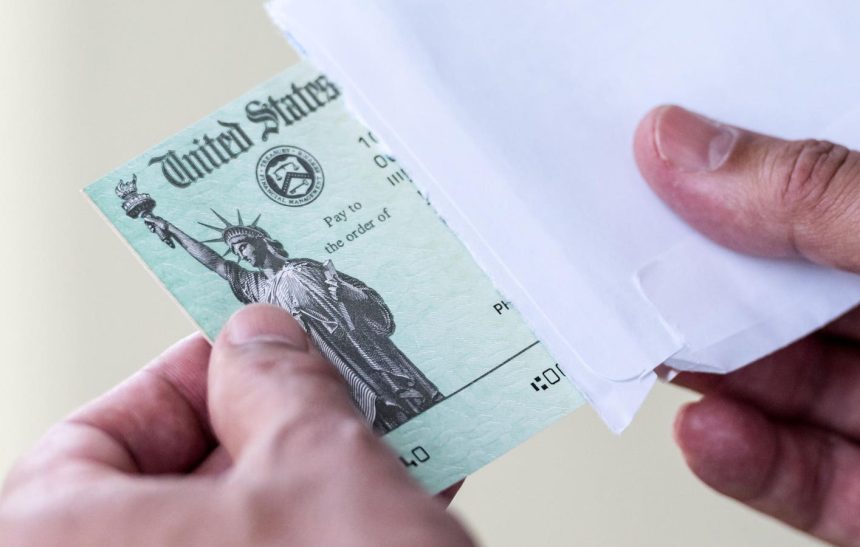Occasionally, the IRS goofs and issues a refund check in error to a taxpayer. If the IRS discovers the error, it will usually attempt informally to recover the funds. When this proves unsuccessful, the government may file a lawsuit against the taxpayer in federal court, requesting a judgment for a return of the erroneous refund.
However, the government does not have forever to file an erroneous refund lawsuit. Rather, section 6532(b) provides that “[r]ecovery of an erroneous refund by suit . . . shall be allowed only if such suit is begun within 2 years from the making of such refund” unless the refund was caused by fraud or misrepresentation. In these latter circumstances, the 2-year statute of limitations period is extended to five years.
Recently, the Ninth Circuit was tasked with an issue of first impression relating to the 2-year statute of limitations period under section 6532(b). In U.S. v. Page, No. 21-17083 (9th Cir. June 26, 2024), the IRS mailed Jeffrey Page (Page) a $500,000 refund check on May 5, 2017. But the check was issued due to a clerical error—in fact, Page should have received a refund of only roughly $4,000.
Page did not deposit the check right away. Instead, he waited one year and cashed the check on April 5, 2018. The IRS eventually discovered the error and requested the funds back. Page returned approximately half of the refund and kept the remaining portion.
On March 31, 2020, the government filed suit against Page to recover the remaining balance. Page did not respond to the complaint, and the government moved for default judgment. In determining whether default judgment was appropriate, the district court questioned the IRS as to whether it had satisfied the 2-year statute of limitations period under section 6532(b). The agency contended it had because, according to the government, the 2-year period should run from the “check-clearance date.” The district court disagreed and dismissed the lawsuit as untimely.
On appeal, the Ninth Circuit reversed the district court. Initially, the appeals court noted that the Supreme Court had previously found in two separate decisions that payment triggers the statute of limitations period. Although the Supreme Court did not answer whether the receipt of payment meant the check or transfer of funds, the Ninth Circuit reasoned that requiring the statute of limitations to run from the check-clearance date provided a clearer rule.
The Ninth Circuit also noted that holding otherwise would create a circuit split with two other appellate courts. In U.S. v. Commonwealth Energy Sys. and Greene-Thapedi, the First and Seventh Circuits, respectively, both concluded that the section 6532(b) statute of limitations ran from the date the check cleared the Federal Reserve Bank.
Given the decision in Page, taxpayers should be mindful of the “check-clearance” rule under section 6532(b) for erroneous refunds. Although the refund at issue in Page seemingly related to a more obvious clerical error, the government has the option to file an erroneous refund suit in other contexts, including a simple disagreement with the taxpayer that a refund is even owed. In these circumstances, taxpayers should recognize that the clock starts ticking only after the funds clear and are deposited into the taxpayer’s bank account (and not, as argued in prior cases, the check date or the date the taxpayer receives the check).
Read the full article here
















